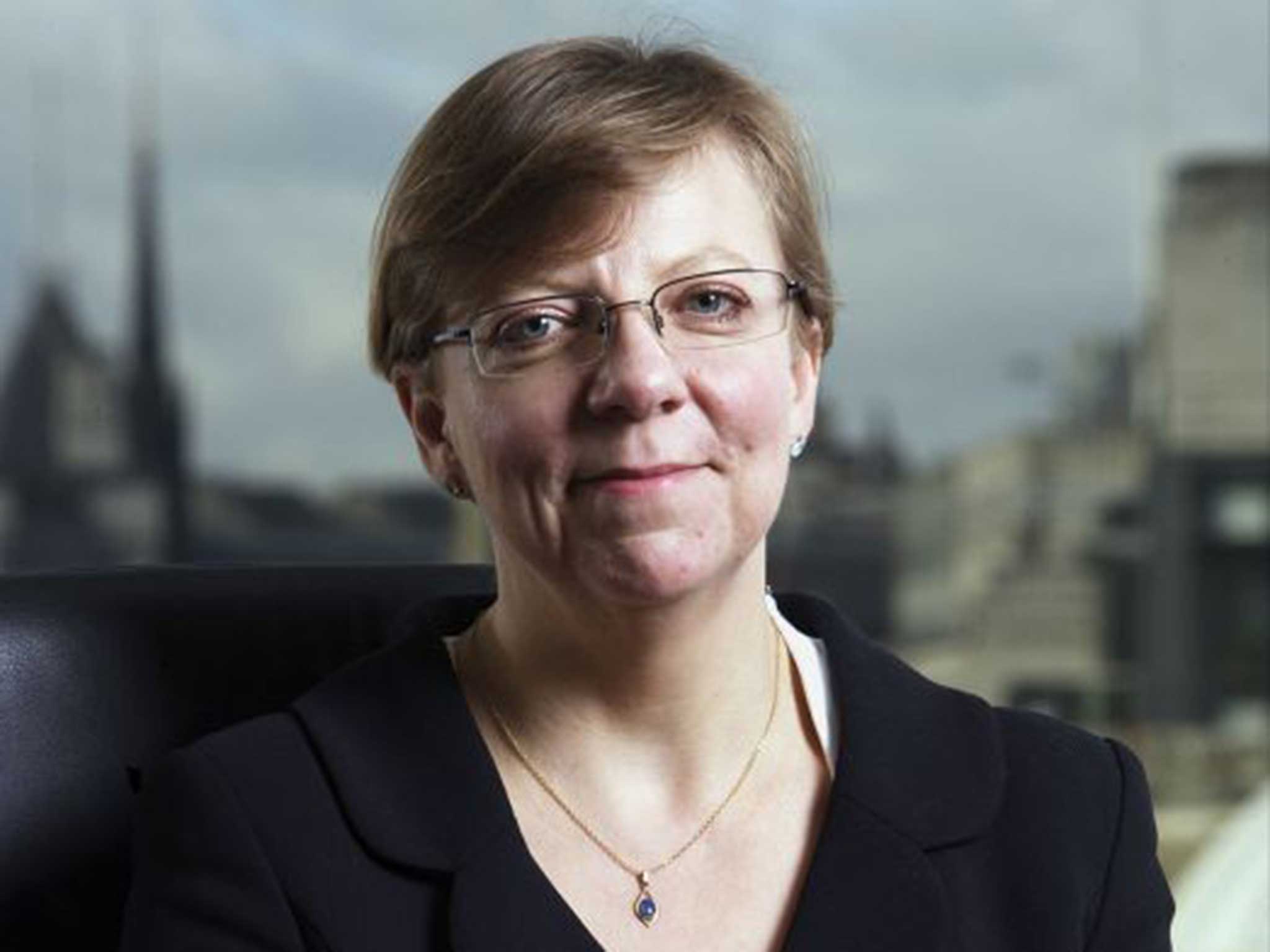Director of Public Prosecutions says silence during rape risks being interpreted as consent
'Most people know in a sexual encounter if someone is not up for it. But the bar for it to pass into criminality rather than mutually respectful behaviour is a lot higher,' says campaigner

Your support helps us to tell the story
This election is still a dead heat, according to most polls. In a fight with such wafer-thin margins, we need reporters on the ground talking to the people Trump and Harris are courting. Your support allows us to keep sending journalists to the story.
The Independent is trusted by 27 million Americans from across the entire political spectrum every month. Unlike many other quality news outlets, we choose not to lock you out of our reporting and analysis with paywalls. But quality journalism must still be paid for.
Help us keep bring these critical stories to light. Your support makes all the difference.
Concerns have been raised over “what consent means” after the Director of Public Prosecutions suggested that if rape victims remained silent during the attack it could be interpreted as consent.
Alison Saunders said as well as being able to prosecute rape cases where there has been an offence, prosecutors must look at whether the suspect had a reasonable belief the sexual encounter in question was consensual.
But critics argued that it was common for victims to “freeze” during an attack making them unable to move, and said the justice system was continuing to fail victims of sexual violence.
Other prominent campaigners, however, urged that the scrutiny of Ms Saunders’s remarks were “unhelpful” and said the focus should instead be on the “bigger issue” of “what consent feels like”.
Speaking to the London Evening Standard on Monday, Ms Saunders said: “So in some of the cases you can see why even though the complainant may think they were raped, there was a reasonable belief that they had consented, either through silence or through other actions or whatever.
“We are there not just to be able to prosecute cases where there has been an offence, but also not to prosecute cases where there isn’t sufficient evidence.”
In response to the comments, Rape Crisis England and Wales said there was a ”moral and legal responsibility to actively seek any sexual partner’s consent”.
The charity added: ”Through more than 40 years’ experience of providing frontline, specialist support to people whose lives have been impacted by sexual violence, we know it’s common for victims and survivors to freeze or flop, finding themselves unable to speak, fight back or even move.
“And that knowledge is backed up by a large body of independent evidence, of which the Crown Prosecution Service is aware.”
Rachel Krys, co-director of End Violence Against Women, meanwhile told The Independent the criticisms of Ms Saunders comments were “unhelpful”.
She said: “We are not trying to defend the Director of Public Prosecutions, but she is trying to explain how hard it is. It’s complex. ‘He said she said’ is really hard. ‘He didn’t say anything and neither did she’ is even harder. That’s what we’re talking about here.
“The attacks on her comments are unhelpful and risk putting women off coming forward even more. A much bigger discussion needs to happen on what consent feels like.
“Most people know in a sexual encounter if someone is not up for it. But the bar for it to pass into criminality rather than mutually respectful behaviour is a lot higher. That’s what we’re all grappling with.”
Ms Saunders also described as “disappointing and irritating” the collapse of cases due to evidence not being disclosed as early as possible.
Surrey Police and Scotland Yard have announced reviews of their rape cases following the high-profile collapse of a number of trials, due to suspected flaws in investigations or concerns related to the disclosure of evidence.
Subscribe to Independent Premium to bookmark this article
Want to bookmark your favourite articles and stories to read or reference later? Start your Independent Premium subscription today.
Join our commenting forum
Join thought-provoking conversations, follow other Independent readers and see their replies
Comments